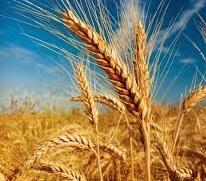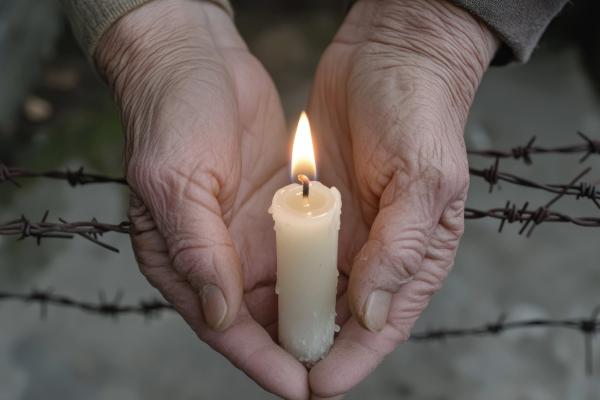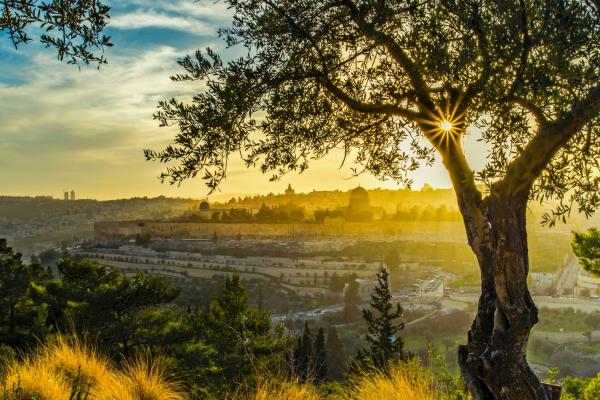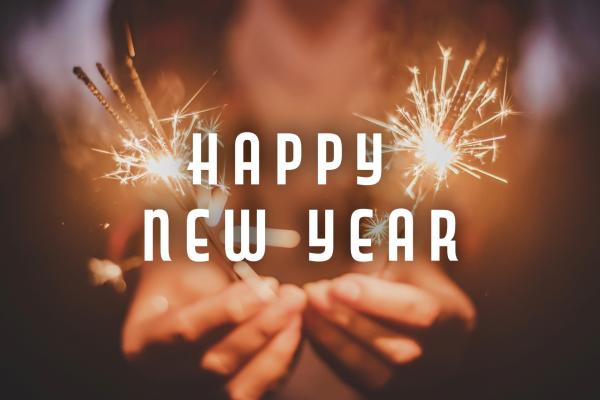What is It and What Should You Know Shavuot is one of three pilgrimage feasts that the Jewish People were commanded to observe at the Temple in Jerusalem, and it holds many points of significance.
God instructed a holy gathering and declared that no regular work is to be done on Shavuot. In Leviticus 23, God gave instructions for the Israelites to “count from the morrow after the Shabbat” after Passover, “seven complete Sabbatot. Until the morrow after the seventh Shabbot, you are to count 50 days, and then present a new grain offering to Adonai” (Leviticus 23:16-16 TLV).
Jewish People believe that God gave the Torah (the Law) to His People at Mount Sinai on the date of Shavuot. Therefore, the feast is also a time of celebrating the gift of the Torah, which set apart the Jewish People as God’s own. Their relationship with God changed when they received His Law. They knew so much more about Him, His holiness, and what was required to live in relationship with Him. In this celebration of the Torah, many Jewish People today stay up all night reading the Torah together, and when Shavuot dawn breaks, they pray together and read the Ten Commandments.
Other names for Shavuot
Like many Jewish holidays, Shavuot is known by several names. Shavuot means “weeks,” and, because of the counting of seven weeks, the festival is called the Feast of Weeks. As it also relates to the harvest and the offering of the first fruits of the standing wheat harvest, Shavuot is also called the Feast of First Fruits. The 50-day count gave Shavuot another name: Pentecost.
Why is the Christian Pentecost different than Shavuot?
While Shavuot is June 12 this year, the Christian calendar notes that Pentecost was May 15. Why the difference?
Pentecost on the Christian calendar follows a 50-day count from Easter, while Shavuot counts from Passover. This brings up the question of why Easter is on a different schedule than Passover.
In 325 A.D., the Council of Nicea emphatically separated the celebration of Yeshua’s resurrection from Passover. Though the resurrection occurred on the Sunday following Passover, the Council did not want the holiday associated with Passover. Animosity toward Jewish People had grown in the Church, which by then consisted largely of Gentiles. The Council overlooked that the Gospel was “for the Jew first” (Romans 1:16) and that Gentiles are grafted into the covenant God made with the Jewish People (Romans 11) through Yeshua. The decision was unfortunate and revealed just how soon in history that the Church let the apostle Paul’s words fade from their understanding. The Nicean Council abandoned the Jewish calendar for the Gregorian and declared the resurrection would be celebrated the first Sunday after the new moon following the Spring Equinox, which is always March 21. Since the Nicean Council’s decision, Pentecost has been marked as 50 days after Easter.
The importance of Jewish roots
These calendar changes hide a significant element of the first Pentecost: it was Shavuot. Because Shavuot was a pilgrimage feast, Jerusalem was filled with Jewish People from “every nation” (Acts 2:5). They’d come to celebrate and make their offerings for the Feast of Weeks. If you remember the account in Acts chapter two, just 50 days after Yeshua’s resurrection, the Holy Spirit that He had promised came upon the early Believers in Jerusalem. As the Holy Spirit filled them, they spoke in other tongues. Jewish People from every nation heard the Good News each in their own language. God planned the gift of His Holy Spirit and the miraculous display of His power to be given at a time when all Israel would be present in Jerusalem to witness it. Three thousand people were saved that day!
Prophecy fulfilled at Shavuot
Centuries after God gave the Law on Mount Sinai, He said there would come a day when He would write His law on the hearts of His People. Jeremiah foretold the day when God would make a new covenant with His People, saying, “Behold, days are coming… when I will make a new covenant with the house of Israel and with the house of Judah…. I will put My Torah within them. Yes, I will write it on their heart” (Jeremiah 31:31-32 TLV). He also declared, “I will put My Ruach within you” (Ezekiel 36:27 TLV). On the Shavuot following Yeshua’s death, God fulfilled this prophecy when He gave His Holy Spirit.
It is with all of this insight that Messianic Jewish Believers commemorate Shavuot. It is a time to offer our first fruits to the Lord, to recommit ourselves to His Word, and to celebrate the gift of His presence in each of us through His Holy Spirit. It is a time to rejoice in fulfilled prophecy and to hold dear the rich Jewish roots of New Covenant faith in Yeshua.
Shavuot begins at sundown on Saturday, June 11, 2016. A blessed holiday to you!
For more about Messianic Judaism and Jewish feast days, visit our website here.












